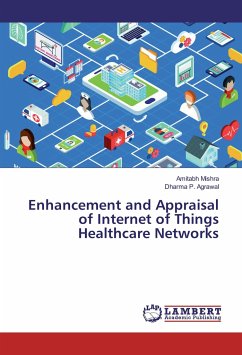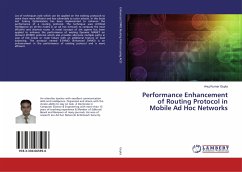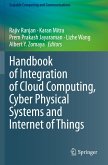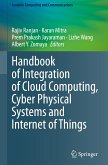The Internet of Things (IoT) is a ground-breaking model that abstracts a pervasive presence of a variety of objects with unique identification and communications capability such as Radio-Frequency IDentification (RFID) tags, sensors, actuators, and mobile phones around us at home, in workplace, or anywhere we go. Healthcare networks involving wireless sensors for measuring and transmitting physiological parameters form an important use case under the IoT banner. This work tries to address three open research areas involving such IoT Wireless Body Area Healthcare Networks (WBAHNs). The first issue addressed involves improvement of lifetime of WBAHNs, given the small sizes of body sensor nodes and the limited battery power that they run on. The next research question taken up involves examination of the behavior of a WBAHN in the presence of other WBAHNs around it and checking up the issues faced by WBAHNs with respect to interference, data routing and QoS. Feasibility of cooperative functioning of WBAHNs has also been probed. The third problem addressed tries to check the practicality of wireless control in WBAHNs.
Bitte wählen Sie Ihr Anliegen aus.
Rechnungen
Retourenschein anfordern
Bestellstatus
Storno








